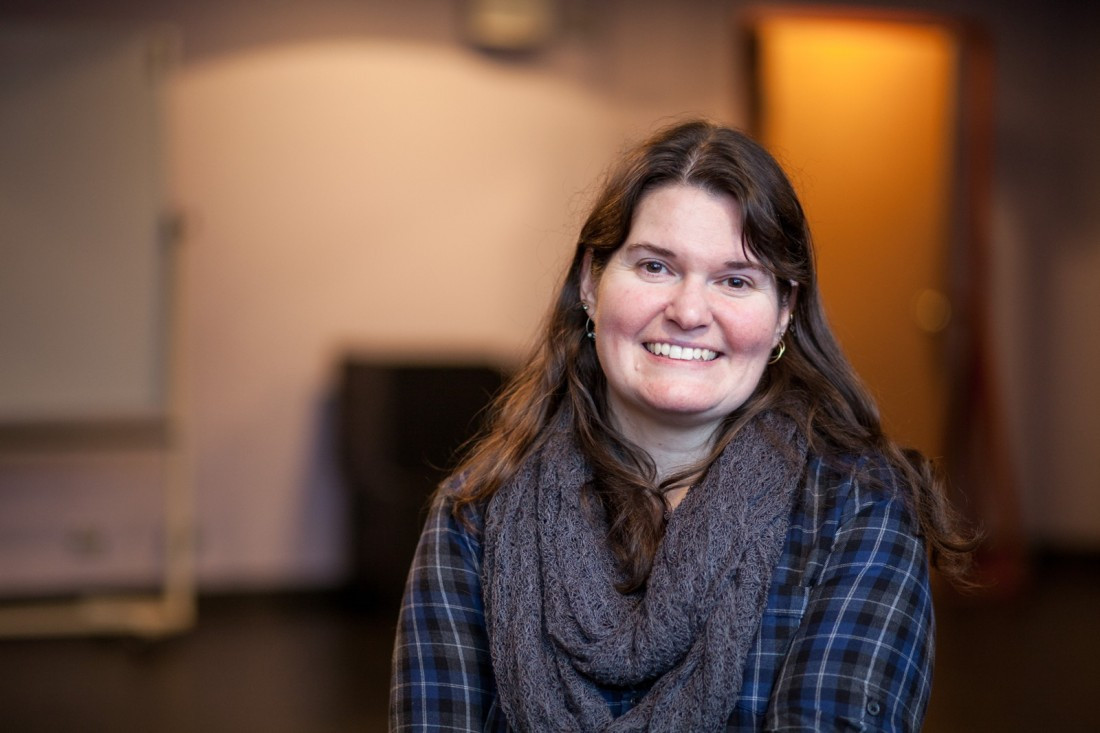Theatre for health
Sarasvàti offers workshops to explore and express mental health issues
Actors and non-actors alike are facing the effects of mental illness and pushing back against stigma by creatively sharing stories through a new theatre program.
Sarasvàti Productions’ Mental Health Project Sessions will offer expressive theatre workshop sessions aimed at reducing feelings of shame around mental health.
“There is a strong desire from people to tell their stories because they feel it is the only way to end the stigma and shame,” McIntyre says. “The sessions Sarasvàti undertakes include theatre games, improvisation then moves into storytelling.”
Each session’s aim is to introduce people who have been affected by mental health issues to new forms of expression. So far, the feedback has been positive.
“Mental health has been on our radar since we did a project four years ago with incarcerated women,” Hope McIntyre, Sarasvàti Productions’ artistic director, says. “We encountered a lot of women in correctional institutions who needed mental health support rather than incarceration.”
Although initial talks started there, McIntyre says it wasn’t until they started collaborating with Red Threads Playback Theatre and Artists in Healthcare Manitoba that the sessions started to take shape.
“We all met over a year ago and decided to pursue it as a joint project,” McIntyre says. “The first session was done in June at the Manitoba Schizophrenia Society and since then there have been additional sessions, individual interviews and a lot of research.”
Nan Fewchuk, local actor, director and educator, will be involved in the sessions.
“I enjoy meeting diverse groups of people, young and old, who share similar struggles, and are working together to find wellness,” Fewchuk says. “In a project such as this, I look forward to experiencing the entire journey.”
Fewchuk says the workshops begin with everyone meeting, then they provide fun opportunities for the groups to explore and learn drama skills through games, team building exercises, improvisation, and then by hearing each other’s stories.
“Our approach helps to create a safe space, to make people feel relaxed and comfortable,” McIntyre says. “It is fun and also helps teach skills in voice, body and self-expression. For those who may find it hard to tell their story, it offers options of sharing things in less direct ways, whether it be writing, drawing, or acting it out.”
After stories have been shared, Sarasvàti artists will identify common themes and ideas throughout people’s experiences and compile it into a script.
From there, actors will publicly read the piece in May, allowing people to see the result of their work but also to ensure it’s accuracy with feedback before the script is finalized for a full production.
“We’ve been surprised by the number of people who have contacted us after hearing about the project and wanted to be involved,” McIntyre says. “There is a lot of interest because so many people are affected by mental health issues.”
Published in Volume 70, Number 11 of The Uniter (November 19, 2015)








